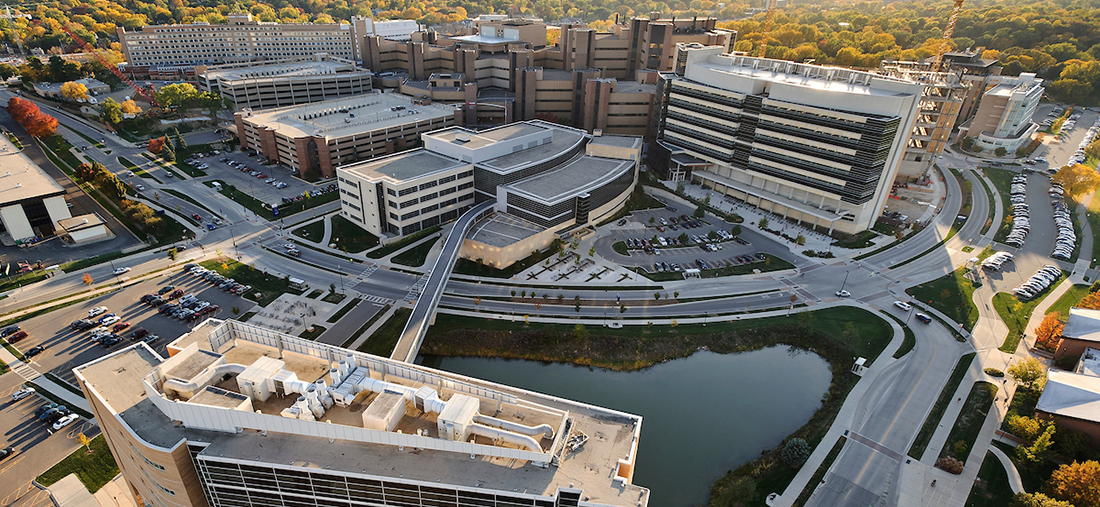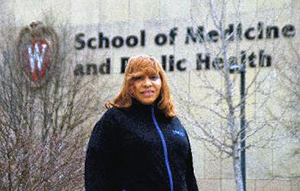
10 Jun ‘All of Us’ Research Program: Ensuring that medical research benefits all of us (Part 2)
By Jonathan Gramling, Capital City Hues
 The impact of the COVID-19 pandemic was almost predictable on some levels. People with pre-existing conditions and over the age of 65 were most at risk. And what exacerbated conditions was access to health care and those who worked in essential services like restaurants, grocery stores and food processing plants. Unfortunately, it is Black and Brown communities that experience higher rates of many medical conditions including high blood pressure and diabetes and experience disparities in access to health care. And so, it is no
The impact of the COVID-19 pandemic was almost predictable on some levels. People with pre-existing conditions and over the age of 65 were most at risk. And what exacerbated conditions was access to health care and those who worked in essential services like restaurants, grocery stores and food processing plants. Unfortunately, it is Black and Brown communities that experience higher rates of many medical conditions including high blood pressure and diabetes and experience disparities in access to health care. And so, it is no
surprise that it has been Black and Brown communities that have experienced the highest death rates from COVID-19.
The All of Us medical research program has the long-term potential to ameliorate or eliminate some of these conditions as it seeks to create a million person medical data base that is required to include at least 50 percent African Americans, Latinx, LGBTQ, low-income and rural residents, so that future medical research will include underrepresented groups in determining problems and solutions that benefit all of us.
Lucretia Sullivan-Wade is a community outreach specialist at one of 10 All of Us sites across the country. She is bound and determined that the study has a positive impact on African Americans and other underrepresented groups. She is recruiting people to join the study and become partners in this pioneering research.
“A lot of individuals join because this will help their kids and their grandchildren,” Sullivan-Wade said. “They won’t go through what we go through going to the doctor not knowing what it is and not knowing what medication is best. It’s not a one-size-fits-all health care and that is what we are going through now. This
hopefully will eliminate that. This information could eventually make its way to medical schools where medical students could be taught the difference between people.”
People who join All of Us do get an immediate benefit in terms of a better understanding of their health and genetic make-up. And it will also ensure that African Americans benefit from future medical research through their inclusion in this nations, de-identified data base.
“Once you join All of Us, you can get information about your DNA that they can interpret back for you and help you,” Sullivan-Wade said. “That’s why a lot of people are interested in. The promise of All of Us is helping to fight diseases and improve health for future generations. It’s a chance for you to learn about your own health
including personalized risk factors and exposures. if researchers are interested in knowing about African Americans who have, let’s say, a kind of cancer, the researchers will be able to access the data vetted with the type of information they want to extract. Then they can look to see if it is environmental or genetic. Why is
it that this group in this region has it and does this group in that region has it?”
While All of Us has discontinued its community outreach efforts and officially enrolling people due to the COVID-19 restrictions, people can still sign up during this time period and get ready to become full-fledged members when restrictions are lifted. Read more …



